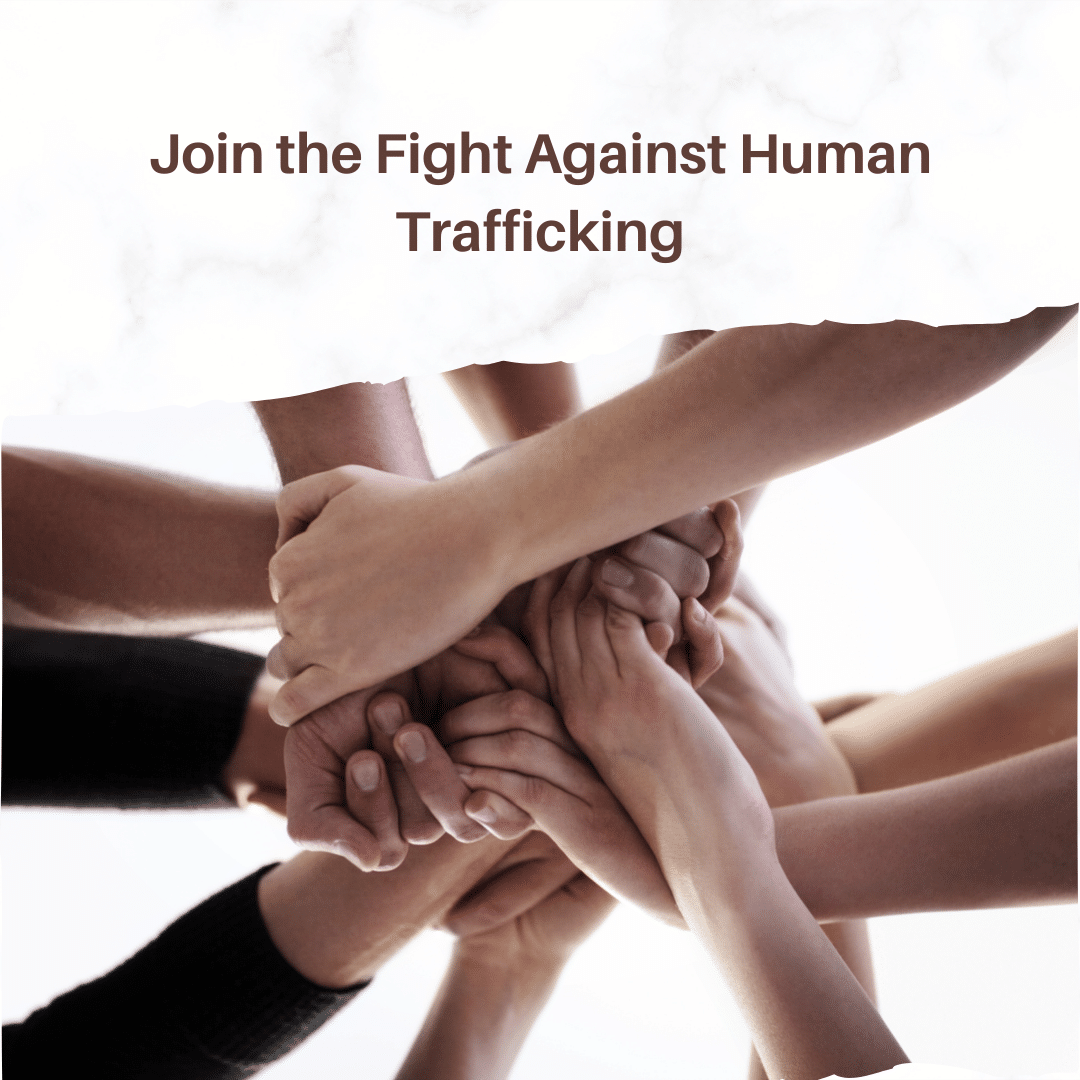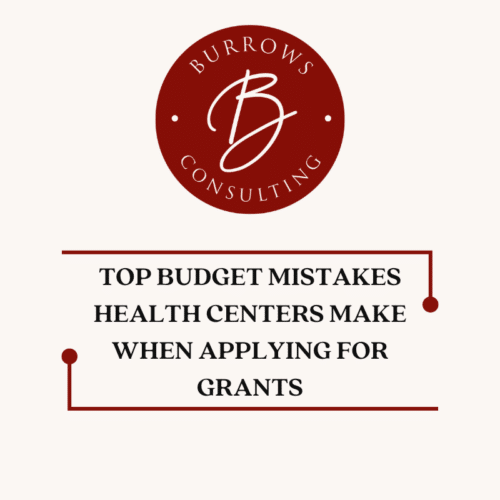Making This An Everyday Goal to Help Save Lives!
National Human Trafficking Prevention Month January 2024 is designated as National Human Trafficking Prevention Month. It’s not just a date on the calendar, but a call to action. Every year since 2010, the President has dedicated the month to raise awareness about human trafficking and to educate the public about how to identify and prevent this crime. The U.S. Department of State raises awareness of human trafficking domestically and abroad, through U.S. embassies and consulates.
“Understanding and Preventing Human Trafficking in Our Community” Human trafficking is a modern form of slavery, second only to drugs as the world’s largest criminal activity.
What Is Human Trafficking? Human trafficking involves the use of force, fraud, or coercion to obtain some type of labor or commercial sex act. Every year, millions of men, women, and children are trafficked worldwide – including right here in the United States. It can happen in any community and victims can be any age, race, gender, or nationality. Traffickers might use the following methods to lure victims into trafficking situations:
-
Violence
-
Manipulation
-
False promises of well-paying jobs
-
Romantic relationships
More than 27 million people around the world endure the abhorrent abuse of human trafficking and forced labor, including thousands of people right here in the United States. It is a threat to global security, public safety, and human dignity. During National Human Trafficking Prevention Month, we reaffirm our commitment to ending these predatory crimes at home and across the globe. The trauma caused by the traffickers can be so great that many may not identify themselves as victims or ask for help, even in highly public settings.
-
Patients who are being trafficked may show signs of victimization such as injuries from violence, head and neck trauma, sexually transmitted infections, dental orofacial conditions, and malnutrition. Tattoos or brandings are common, marking the trafficked person as property.
-
The safety of the public as well as the victim is important. Do not attempt to confront a suspected trafficker directly or alert a victim to any suspicions. It is up to law enforcement to investigate suspected cases of human trafficking.
At-Risk Populations: Traffickers look for people who are at risk for a variety of reasons, including:
-
Psychological or emotional vulnerability
-
Economic hardship
-
Lack of a social safety net
-
Natural disasters
-
Political instability
Language barriers, fear of their traffickers, and/or fear of law enforcement frequently keep victims from seeking help, making human trafficking a hidden crime.
If You Suspect Trafficking: Call the National Human Trafficking Hotline, a national 24-hour, toll-free, multilingual anti-trafficking hotline. The Hotline is equipped to handle calls from all regions of the United States.
National Human Trafficking Hotline: Resources for Help or Reporting Human Trafficking
• National Human Trafficking Hotline – 888-373-7888
• Local Police Department – Local contact number or 911
• Department of Homeland Security Blue Campaign to End Human Trafficking – https://www.dhs.gov/blue-campaign
• Polaris Project Website – https://polarisproject.org/
• U.S. Immigration and Customs Enforcement (ICE) & Homeland Security Investigations (HSI) – 866-347-2423 – https://www.ice.gov/features/human-trafficking
Staying Safe: The safety of the public as well as the victim is important. Do not attempt to confront a suspected trafficker directly or alert a victim to any suspicions. It is up to law enforcement to investigate suspected cases of human trafficking.
Community Action: Preventing human trafficking cannot be accomplished alone; rather, we must build partnerships across all sectors of society to improve the lives of those we serve. Participating in National Slavery and Human Trafficking Prevention can contribute to the global fight against these crimes.
Here are ways you can get involved: Education and Awareness: Learn about the signs of human trafficking and modern slavery. Share this knowledge with your community to raise awareness. Support Anti-Trafficking Organizations: Contribute to or volunteer with organizations dedicated to preventing human trafficking and supporting survivors. Advocate for Policy Change: Advocate for policies and legislation that address human trafficking and provide better support for survivors. Host Awareness Events: Organize or participate in events, workshops, and seminars focused on human trafficking prevention and survivor support.
Engage on Social Media: Use social media platforms to share information, stories, and resources related to human trafficking prevention. When we #Partner2Prevent, we can enhance our efforts to keep everyone safe from human trafficking. Help spread awareness of human trafficking by using the #Partner2Prevent hashtag. We recommend including no more than two per post. Primary Hashtag #Partner2Prevent Secondary Hashtags #EndTrafficking #HumanTrafficking #ForcedLabor #LaborTrafficking #SexTrafficking#HumanTraffickingAwareness#EndModernSlavery#HumanRights#AntiTrafficking#PreventHumanTrafficking
“Spread Awareness, Save Lives – Together, We Can Make a Difference!”
Please contact Melissa Jones, CRHCP
Rural Health Clinic Senior Associate, Burrows Consulting at melissa@burrowsconsulting.net with any questions.
Resources Used:
https://www.todaysrdh.com/identifying-human-trafficking-in-the-dental-setting/
https://www.state.gov/national-human-trafficking-prevention-month/






